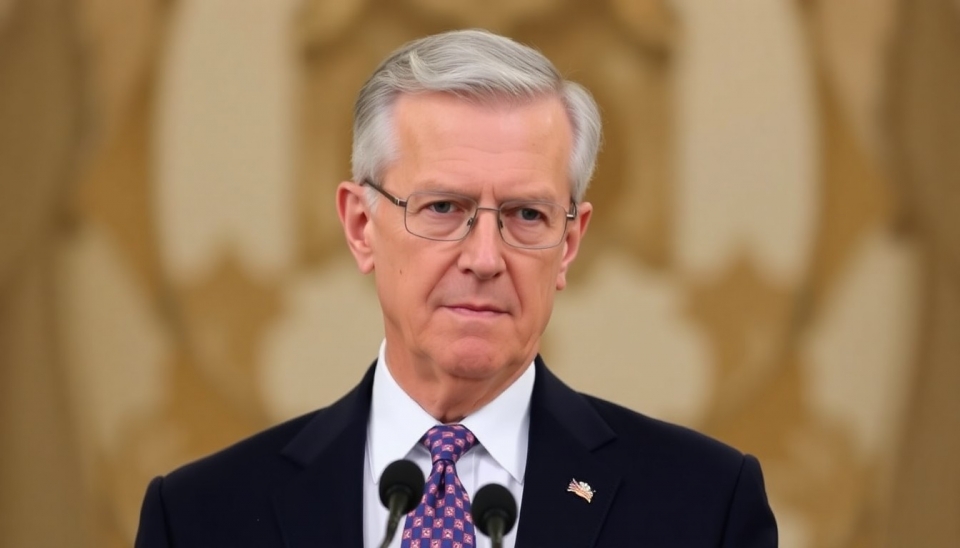
Potential Challenges for the Federal Reserve Due to Tariffs, Says Jerome Powell
The head of the Federal Reserve, Jerome Powell, has stated that the central bank may face complex scenarios related to the implementation of trade tariffs. Powell pointed out that the increase in import tariffs could significantly impact the economy, complicating the task of controlling inflation and maintaining economic growth.
Continue reading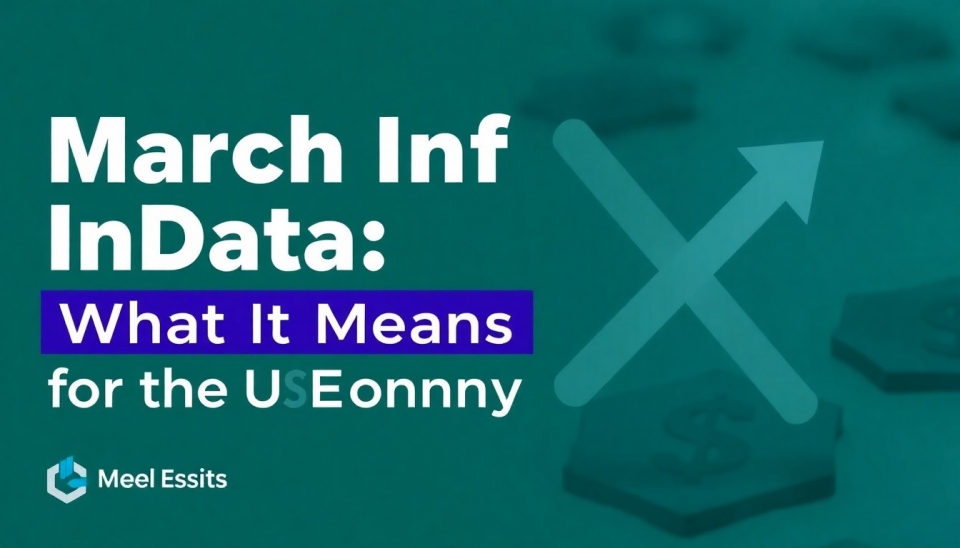
March Inflation Data: What It Means for the US Economy
In March 2025, the US recorded a significant decrease in the Consumer Price Index (CPI), indicating a slowdown in inflation in the country. According to the latest data released by the Bureau of Labor Statistics, the Consumer Price Index increased by 0.2% compared to the previous month and by 4.3% year-over-year. This marks the lowest growth rate in the last two years, instilling hope for price stability in the future.
Continue reading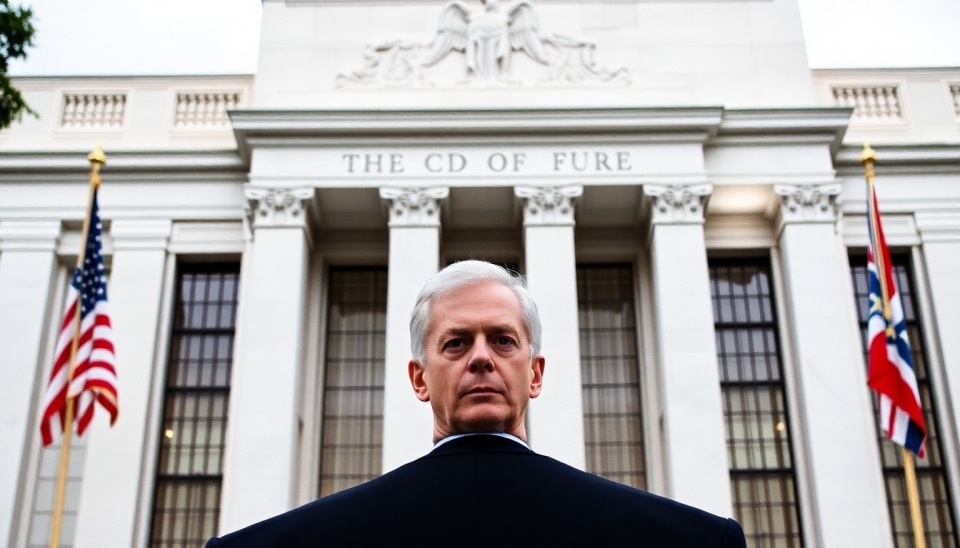
Fed Chair Jerome Powell Warns About Potential Inflation Rise Due to Tariffs
Federal Reserve Chair Jerome Powell stated in a recent interview that rising tariffs could lead to an increase in inflation, which could be persistent. He noted that the current economic conditions, particularly the impact of tariffs on imports, create risks that could change price dynamics for both consumer goods and services.
Continue reading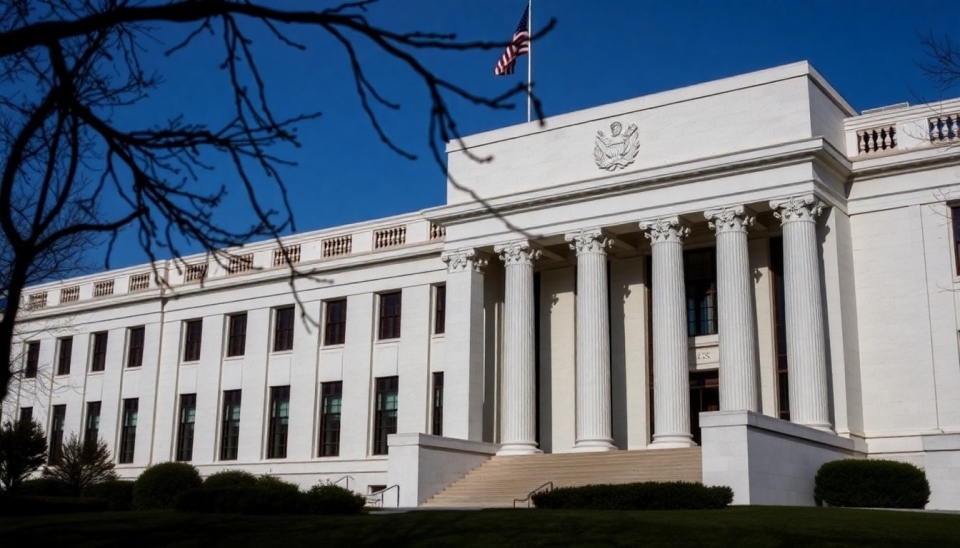
Federal Reserve's Key Interest Rate Decision in March 2025
In March 2025, the United States Federal Reserve will hold an important meeting to decide on interest rates. Investors and economists are closely monitoring current economic indicators that could influence the Federal Reserve's decisions. In recent months, there have been changes in inflationary trends and household wealth, making this meeting particularly significant.
Continue reading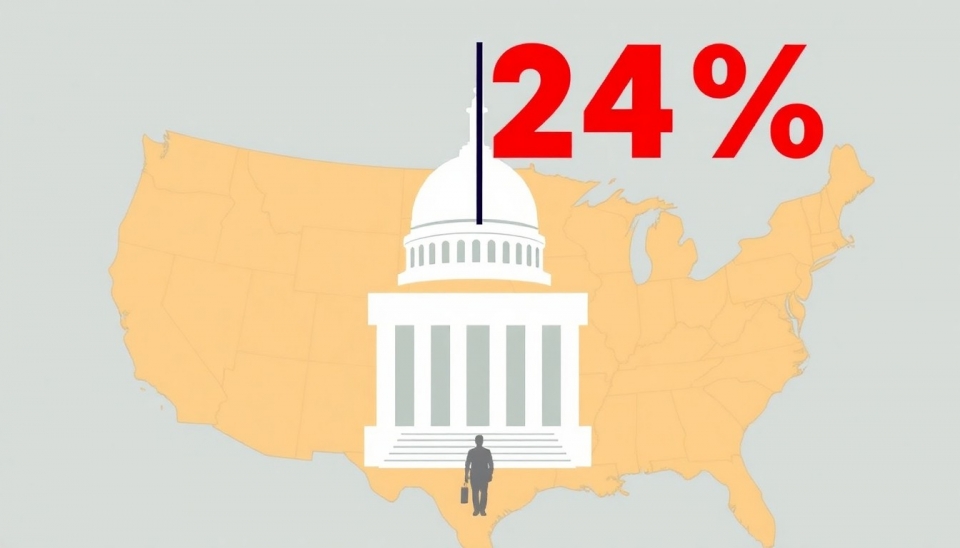
Surge in US Job Cuts: 245% Increase in February Due to Federal Government Layoffs
In February 2023, a dramatic rise in job cuts was reported in the United States, with an increase of 245% compared to the previous month. The main factor contributing to this surge were mass layoffs conducted by the federal government. These changes, driven by economic factors and the need for cost optimization, affected a significant number of employees.
Continue reading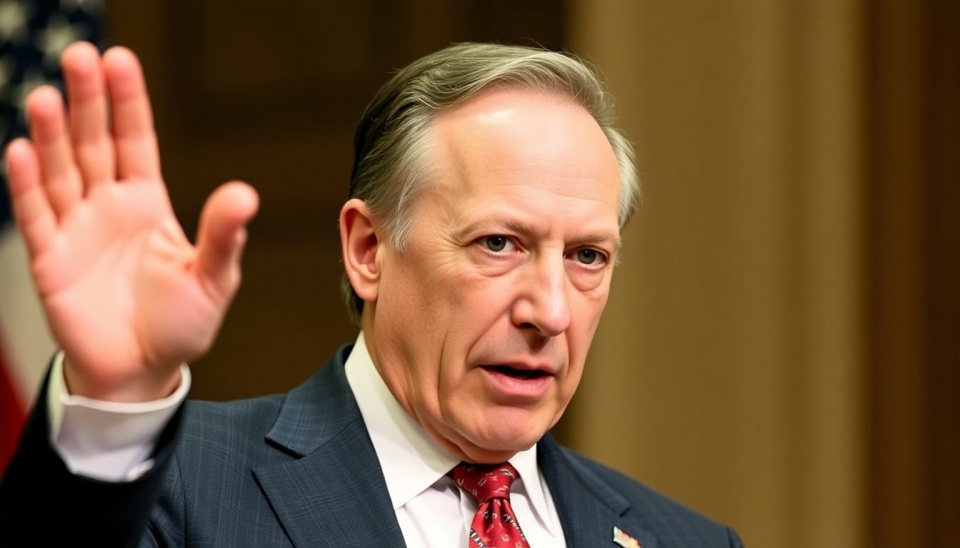
Billionaire Hedge Fund Manager Warns of Potential "Economic Heart Attack" for the US Economy
Nicolas "Nick" Renz, a well-known billionaire and hedge fund manager, has issued a troubling warning about the state of the US economy, suggesting that the country may face serious challenges in the near future. He described the current situation as an "economic heart attack," arguing that the existing macroeconomic conditions are creating a perfect storm for recession.
Continue reading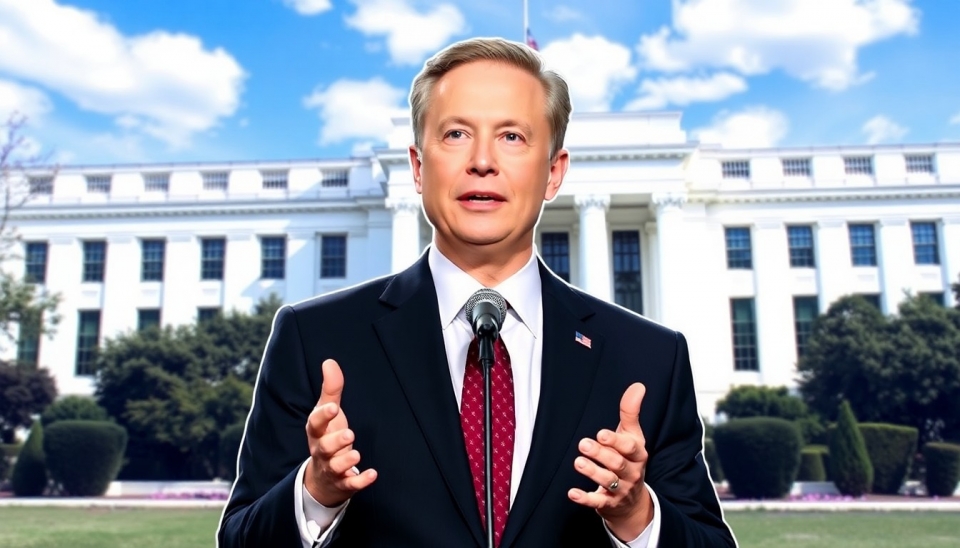
Powell Pushes Back on Musk's Claim That the Fed is "Absurdly Overstaffed"
Federal Reserve Chair Jerome Powell has responded to recent comments by Elon Musk, who stated that the Fed is, in his opinion, "absurdly overstaffed." During his speech, Powell emphasized that the number of employees at the Fed is adequate for fulfilling the central bank's tasks in line with its current mission. He added that the Fed's workforce has been reduced in recent years to effectively respond to the economic situation and maintain financial stability.
Continue reading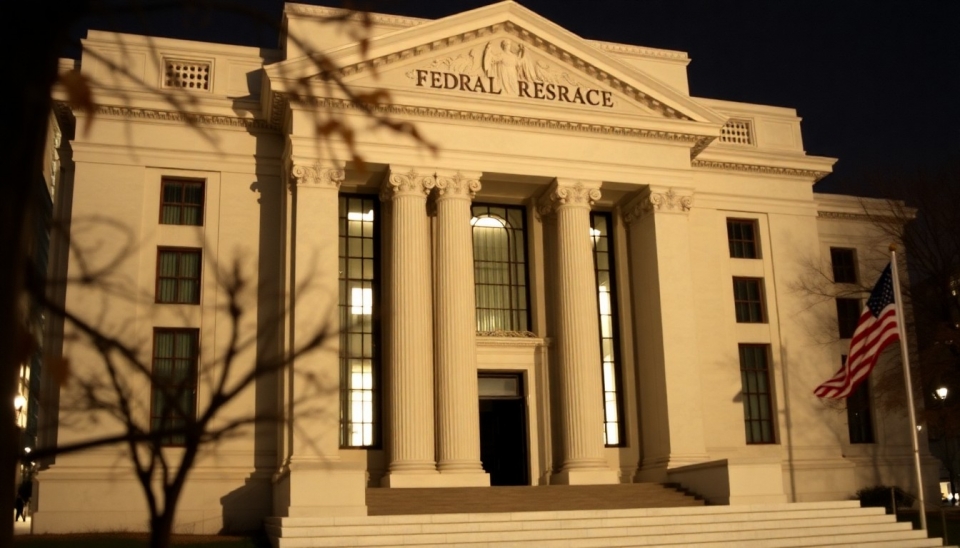
Federal Reserve Reports Cooling of Inflation Gauge in November
A new report from the Federal Reserve has revealed that a key inflation gauge, often monitored by economists and analysts, has cooled in November. This comes amid increased scrutiny over economic stability and the Fed's monetary policy strategy. Data from the Personal Consumption Expenditures (PCE) index shows that this measure increased by 0.2% compared to the previous month.
Continue reading
Increase in U.S. Personal Consumption Expenditures in October 2024 Leads to New Economic Forecasts
In October 2024, personal consumption expenditures (PCE) in the United States showed a significant increase, prompting experts to reassess their economic forecasts. Data released by the U.S. Department of Commerce indicate a 0.4% rise in consumption levels compared to the previous month, surpassing analyst expectations of a more modest increase of 0.3%.
Continue reading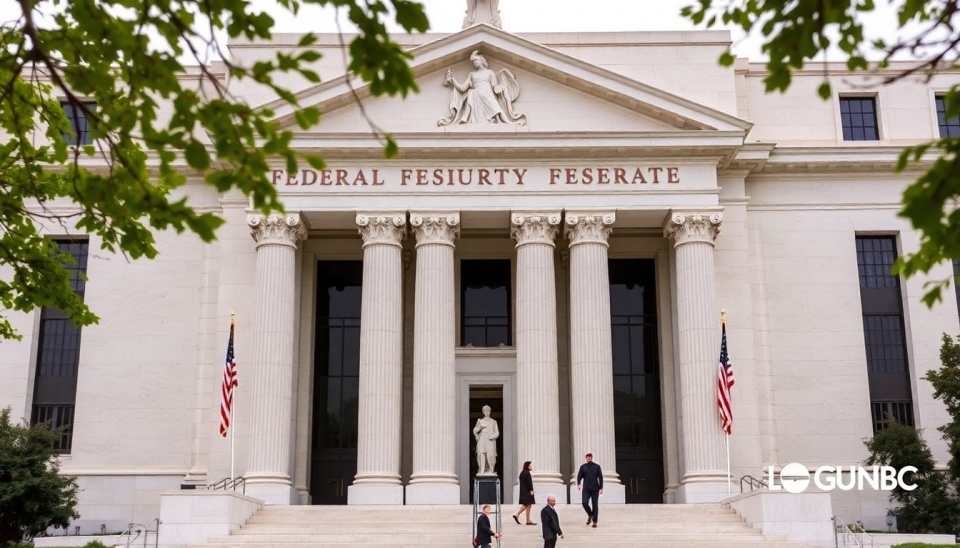
Federal Reserve discusses potential interest rate cuts
Federal Reserve Chair Charles Goolsbee has made a statement advocating for a review of the current monetary policy with the goal of possibly lowering interest rates in the future. In his remarks, he emphasized that high rates could negatively impact the economy, leading to slowed growth. Goolsbee stressed that further rate hikes could complicate matters for businesses and consumers, urging a cautious approach.
Continue reading